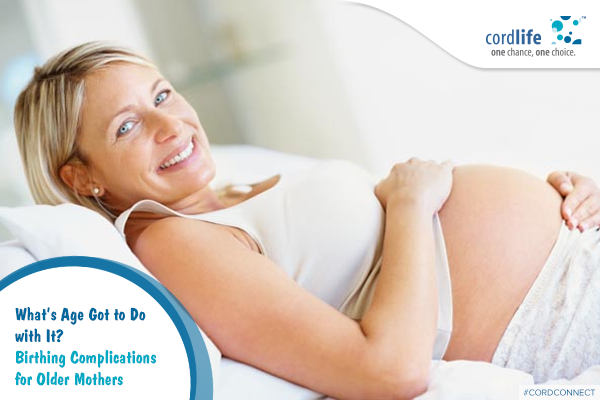Table of Contents
My fortieth birthday started with a bang. I had been feeling a little queasy over the last few days and my gynaecologist had asked me to take a pregnancy test just to rule out the possibility. But, what I found out was exactly the opposite of what I was not expecting. I had never thought about becoming an older mum or getting pregnant at 40. Although I had tied the knot at the politically correct age of 25, neither my husband nor I were maternally inclined. I was more than happy with my share of family life with my husband, a thriving career and travelling the globe. The pregnancy was unplanned but since God had decided otherwise for us, we decided to go ahead with it.
My husband and I had a number of discussions leading up to the arrival of our bundle of joy. However, the fundamental point of disagreement was the type of birth that we wanted. Whilst my husband was really inclined towards a normal vaginal delivery, I wanted the option of an epidural through an elective C-section.
During our visits to the gynaecologist, I was fully made aware of the risks that I could potentially go through during labour and delivery.
Topping the list was the induction of labour in older mothers which is widely practised as an intervention in order to reduce the risk of late stillbirths. A recent survey showed that 37% of obstetricians offer induction of labour at term to women aged 40–44 years of age and 55% to those who are over 45 years old.
Establishing the level of anxiety that will push my gynaecologist to go ahead with a C-section depending on the maturity of my age is difficult. A major concern that always looms over and influences the decision is preventing any harm to the newborn. And I’ve heard that emergency C-sections carry a higher risk factor to both the mother and the baby. I read somewhere that, “Until we learn why older mothers with low-risk pregnancies have a disproportionately high rate of caesarian delivery, the utmost caution is needed in evaluating older mothers as candidates for the procedure,” said Duane Alexander, M.D., Director of the NICHD, the NIH Institute that conducted the study. “Although older mothers share certain risk factors in common, each woman is a unique individual and the potential benefits and risks of Caesarean delivery should be evaluated for her specific case.”
Post 40, a long labour and lower efficiency of the movement of my womb muscles could very well lead to complications during labour and delivery. A greater likelihood that the baby is in an awkward position at birth, particularly because I am over 40 and this is my first baby with an increased risk of foetal distress during labour; are some of the reasons why C-section could be an option for me.
While I am a little on the anxious side my gynaecologist has always tried to build a positive vibe. I know that the possibility of risk exists but I also know that I have still had a very good chance of a worry-free birthing experience as much as younger mums.
